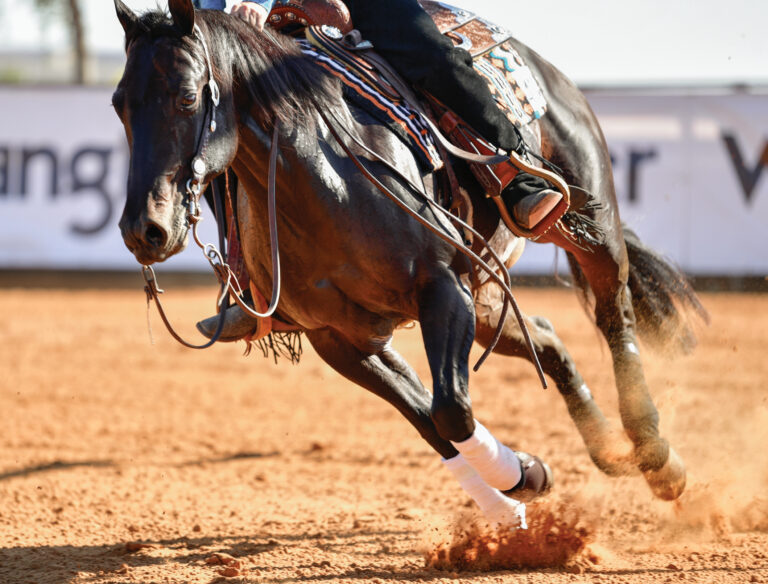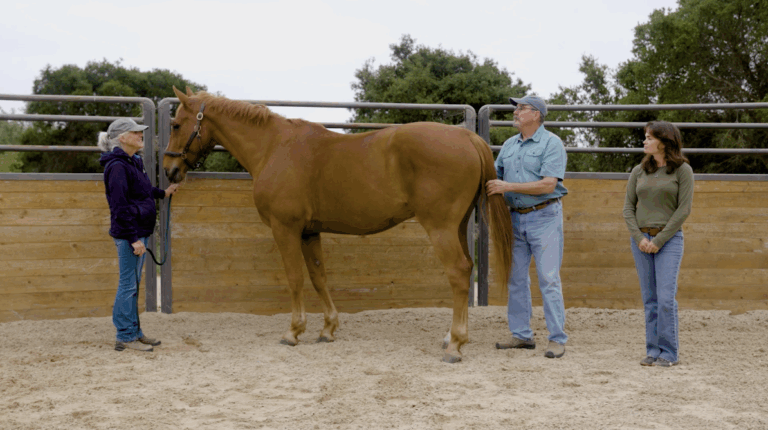Vaccines and injectable medications are vital treatments that keep horses healthy and can even save lives. While reactions are rare, it’s always a good idea to know what to look out for, so you’ll know when to call the veterinarian.
.png)
The most common reactions are:
1. Localized Swelling
- This can be a hard knot or a fluid-filled abscess at the injection site.
- The area may or may not be sensitive.
- Usually, minor bumps will subside on their own within a few days.
- Call your veterinarian if swelling is large, hot, and continues to grow.
-
Extreme swelling, tenderness and sensitivity at the site of an injection may be signs of a rare but serious injection complication known as clostridial myonecrosis (gas gangrene). Immediate treatment is needed to save the horse’s life.
2. Hives
- Soft, raised, flat-topped swellings (urticaria) may appear in the region of the injection site or they may spread all over the horse’s body.
- Hives indicate a mild allergic reaction to the injection.
- By themselves, hives aren’t dangerous and they will subside on their own, but call your veterinarian just to be safe.
- Hives can be a warning that the horse may experience a more serious reaction if the same medication is administered again.
3. Lethargy
- Some horses become sluggish or “dull” after a vaccine as their immune system builds up a response.
- A mild fever may occur, which is usually harmless and will pass on its own in a few days.
- Plan to adjust your riding and training schedule so your horse can have a few days to rest after his vaccinations.
- Consider splitting the doses up so it is easier for your horse to recover.
- Consult with your veterinarian to make sure you are choosing the appropriate vaccines for your horse.
Keep this list on hand so you always know what to look for in an allergic reaction.
.png)

![[Aggregator] Downloaded image for imported item #35942](https://s3.amazonaws.com/wp-s3-horseandrider.com/wp-content/uploads/2025/10/20105738/EDCC-Unbranded-14-300x200-1.jpeg)


